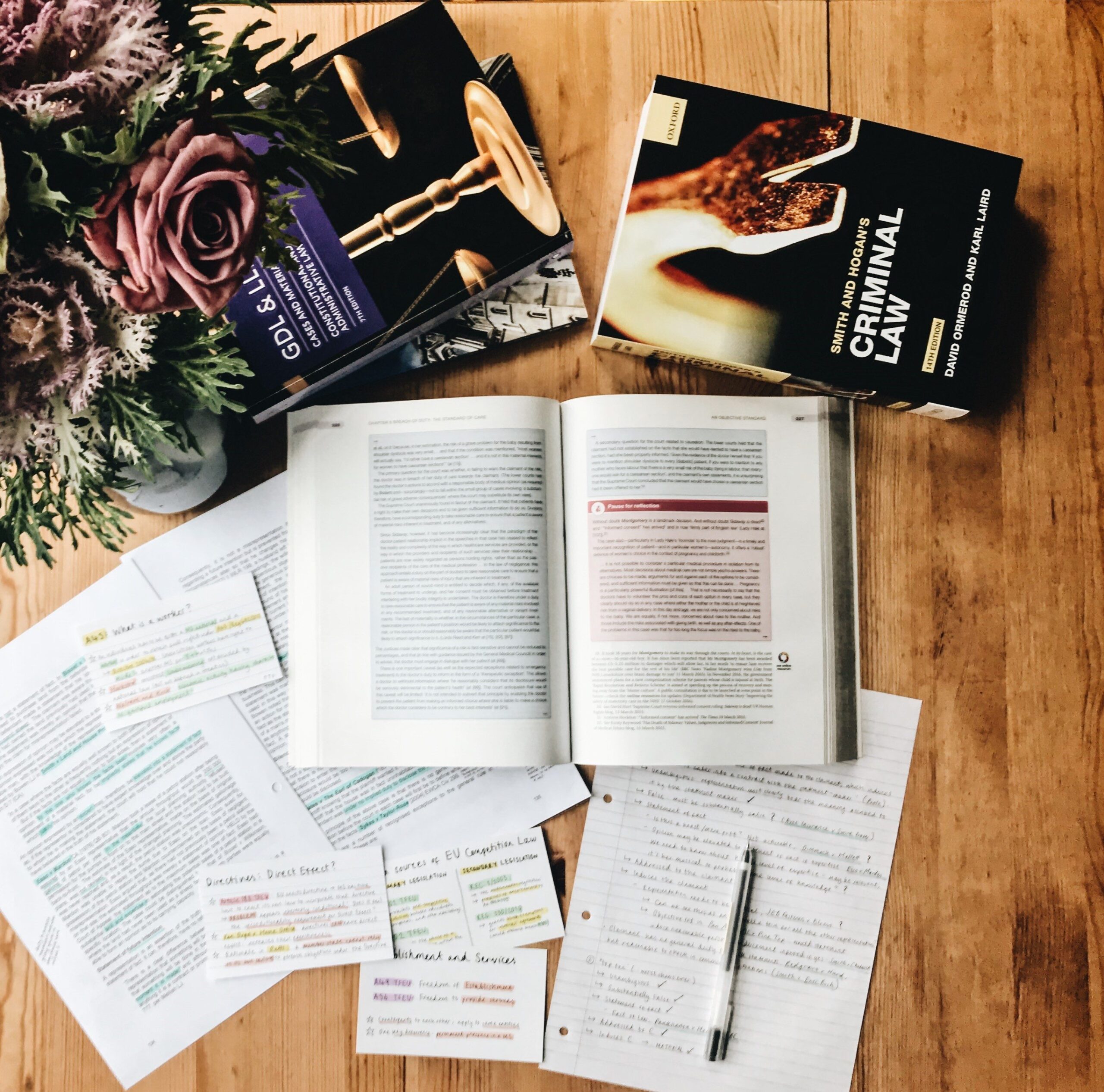What is postgraduate study?
A postgraduate degree is where you study for another degree qualification after you have graduated (post-graduation) from your bachelor’s (undergraduate) degree.
Whilst almost 50% of young people in the UK go to university to study for an undergraduate degree, the number of those staying on at university for further study is significantly less. (In 2013 just 11% of the working UK population had a postgraduate degree qualification.) Yet postgraduate study is proving increasingly sought after by employers in a number of industry fields, particularly within the sciences.
There are a large number of different postgraduate courses to pursue in a variety of different fields. Most generally range from one to four years in length. Some postgraduate courses are very specific as to their purpose such as the Graduate Diploma in Law (GDL) which prepares a non-law graduate for legal training. Others, such as a Master of Arts degree can be more general and in a number of different subjects. The most common postgraduate degree types are listed here:
MSc
(Master of Science)
1-2 years
MA
(Master of Arts)
1-2 years
MPhil
(Master of Philosophy)
2 years
PhD
(Doctor of Philosophy)
3-5 years
How do I apply for a postgrad course in the UK?
With UCAS, applying to a British university at undergraduate level is relatively straight forward, streamlined by its centralised admissions process. Sadly there is no comparable system for postgraduate admissions (UCAS offer their UKPASS service but this is only for eighteen British universities) and so applying for a Masters degree can be more of a challenge.
It often starts with a significant amount of legwork in order to find out exactly what courses are available at each institution and whether they suit what you want to study. Once you have narrowed down your options to the institutions you want to apply to, you must then send off an individual application to each university, either online or sometimes by post.
There are no firm application deadlines for many postgraduate courses, and so it is possible to apply throughout the academic year preceding your planned start date. However, applications often work on a first-come, first-served basis so applying early in the academic year is definitely a good idea. This is particularly true if you are applying for funding because often institutions have a set amount of funding available for each course which, again, is available on a first-come first served basis.
Securing funding can be one of the hardest aspects of applying for postgraduate study. Frustratingly, there is no centralised funding agency for postgraduate courses and instead students have to seek sources of funding out for themselves. The UK government provides loans of up to £10,000 for English-resident students studying beyond undergraduate level, but this extra debt is not always feasible for many students. Another option is to apply to one of the seven UK Research Councils who aim to support the work of potential new researchers such as you. They tend to primarily fund PhD programs but do occasionally fund masters programs as well. Finally, individual universities often offer funding and scholarships to students in certain subjects or who fit certain criteria. Because of this it is often worth checking what funding options are available at a particular university before applying to ensure you have the best possible chance of obtaining it.
Check out this handy guide on how to obtain masters funding.
What’s life like as a postgraduate student?
Life as a postgraduate student can be very different depending on what you are studying. As a scientist you are likely to spend much of your time in the laboratory working on your project, whilst as an Arts or Humanities student you will spend much of your time in the library reading and writing. Whatever discipline you’re in, being a postgraduate involves much more self-study than at undergraduate, so managing your own time effectively and being self-motivated are vital to success.
Check out what days in the life of some postgraduate students are like by clicking the links below.







